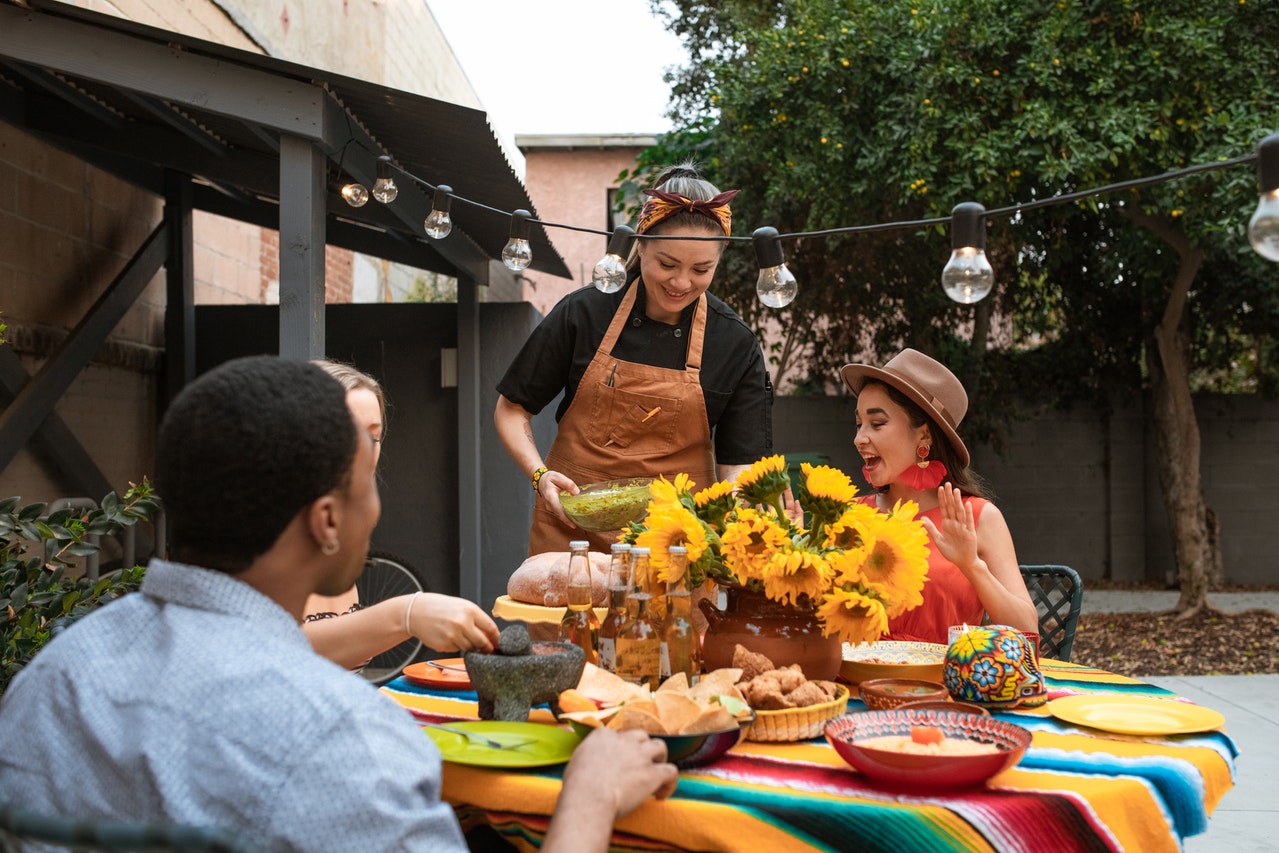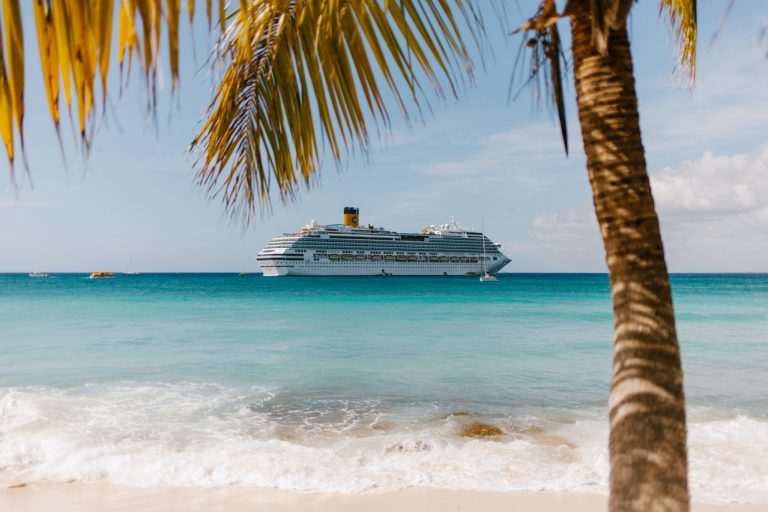While traveling, it can be tempting to eat unhealthy foods. Once you get home, make it a point to get back on track with your healthy eating plan. Here are some tips to stay on track:
Avoiding greasy, fried, or fatty foods
Avoid greasy, fried, or fatty food if you’re a frequent traveler. Those foods are high in fat and saturated calories. In addition, these foods are hard to digest and can lead to gastric problems. To make matters worse, greasy and fried food are usually not the healthiest option for travel. Luckily, there are a number of ways to replace greasy and fatty meals while traveling.
A diet high in greasy, fried, and fatty foods can have many health effects. Studies have linked them to increased risk of cardiovascular disease, type 2 diabetes, and obesity. Additionally, they can have an effect on skin and mood. In addition, frequent consumption of these foods can also lower your immune system. To avoid this problem, eat these foods in moderation. Don’t have them as a staple but more of an occasional treat.
Avoiding salty snacks
Like most things, moderation is the key when indulging in foods that may not be as healthy. However, eating right on the road can be tricky. A bad choice of food can ruin your diet. Or if you have certain health conditions you may need to be on a low sodium diet. Many people have come up with creative ways to keep themselves healthy while traveling. Some are keeping up a fitness routine, and others have learned how to pack healthy snacks. Some nutritionists recommend that you pack a healthy snack in your cooler.
Planning ahead is key, know what restaurants and stores are close to your hotel. Make sure to have the right containers to store the snacks you will need. A great way to avoid salty snacks while traveling is to eat foods with low sodium. Pack snacks that travel well, like nuts, dried fruit, and individual baggies of trail mix. Granola bars and some fresh fruits and veggies. Dried meats can also be a good option. Snacks that travel well. Alternatively, you can choose to use low-sodium seasonings or sauces to enhance the flavor of your meals. You can also make your own snacks by blending fresh fruits and vegetables. Avoid snacking on processed or packaged foods. Salty snacks are the most common type of snacks found at airports.
Avoiding alcohol
You can stay hydrated on the road by drinking plenty of water and avoiding alcohol. Alcohol increases your hunger and dehydrates you. It also disrupts your sleep cycle and messes with your blood sugar level, so avoid it altogether. If you must drink alcohol on your trip, try it in moderation. Otherwise, stay hydrated by drinking lots of water and eating healthy foods. Also, don’t eat snacks high in sodium, try Dry-Roasted Pistachios or peanuts which are a good source of fiber and B vitamins. As well as eating fresh fruit to help with hydration and fiber.
In addition to the above, you should also avoid drinking soda or energy drinks. They contain caffeine, which can affect your sleep. Avoid consuming them too soon before bed, as it can make you feel groggy. Also, if you’re traveling with children, don’t drink alcoholic beverages during the day. Children should also be given water instead of soda or energy drinks. They can easily be distracted by the taste and smell of these beverages and end up sleeping in a haze.
Keeping hydrated
Trying to keep your daily diet on track while on vacation can be a challenge. Besides eating healthy, you should also drink plenty of water. Most people get only 20 percent of their recommended daily liquid intake from food, while the rest is from beverages. Water helps our body’s cells and tissues function properly and gives us energy. The Mayo Clinic recommends consuming at least six cups of fluids per day, while the average person only drinks about 2.5 cups. T
Water-rich fruits and vegetables are a great way to stay hydrated while on the road. Apples, oranges, pineapples, peaches, and berries all contain a high water content. Vegetables rich in water include cucumbers, celery, and bell peppers. Also, try to use a reusable water bottle to avoid plastic bottles. It will save you money and help protect the environment as you drink fewer plastic bottles.




